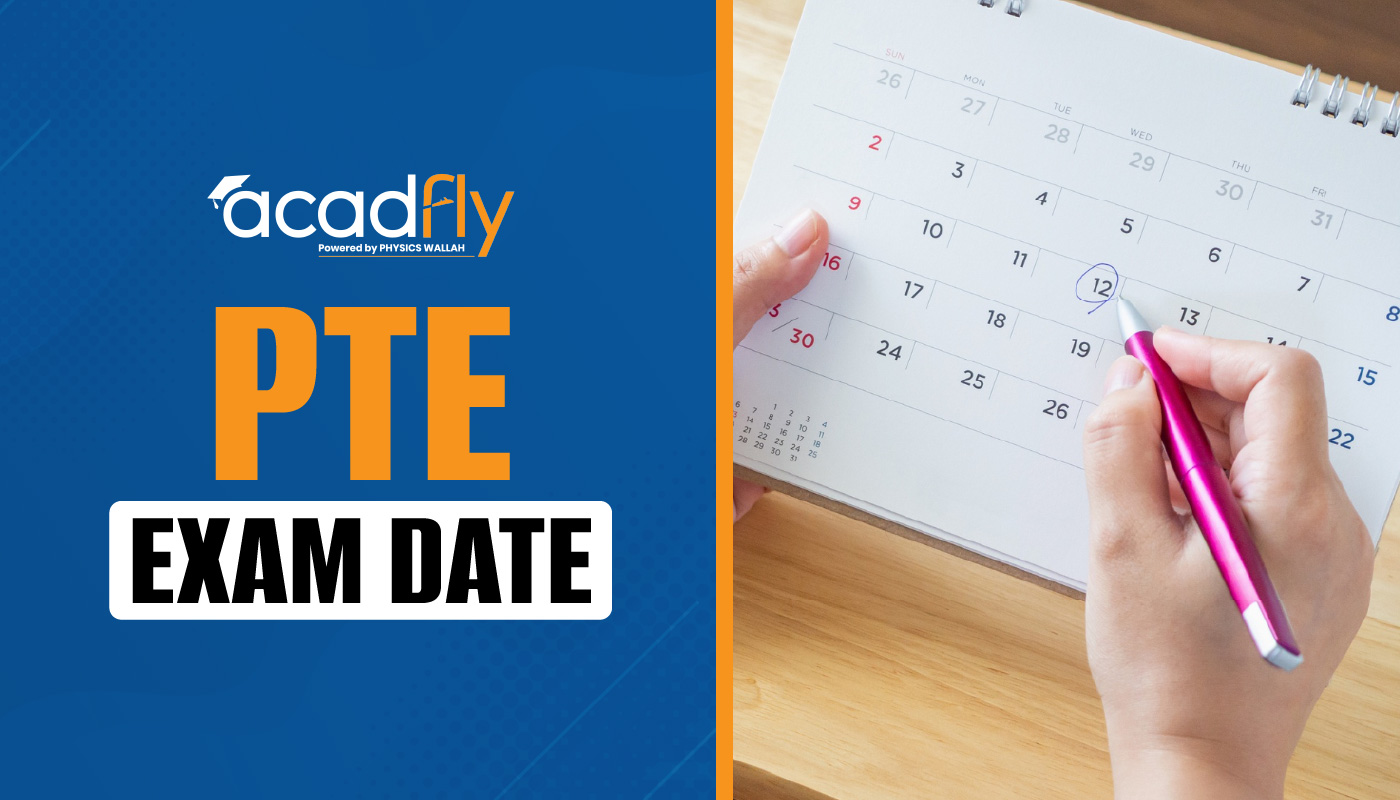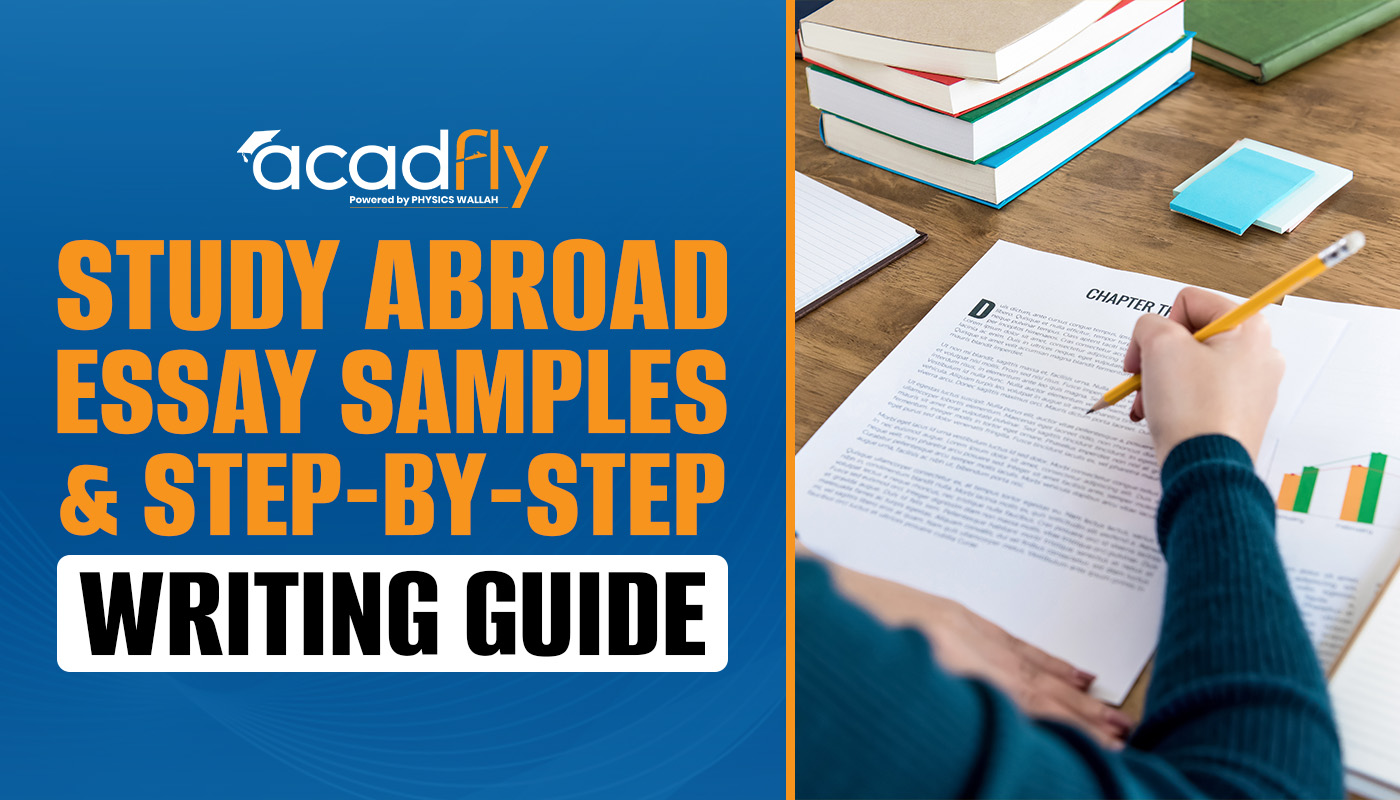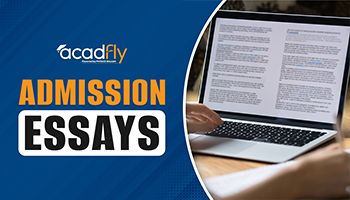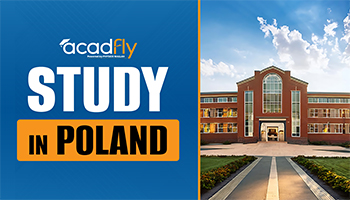

When embarking on a career in sports and recreation, selecting the right educational institution is crucial. Among the top choices are several esteemed Canadian universities for sports, which offer exceptional programs designed to prepare students for success in this dynamic field. These Canadian universities for sports are renowned for their comprehensive academic curricula, state-of-the-art facilities, and robust industry connections that provide invaluable hands-on experience.
In this article, we will explore the leading Canadian universities for sports and recreation programs, highlighting what sets them apart in terms of curriculum, faculty expertise, and student opportunities. Whether you’re aiming to specialize in sports management, athletic therapy, or physical education, these top institutions offer diverse programs tailored to meet your career aspirations. Discover how these premier Canadian universities for sports can help you achieve your goals and excel in the competitive world of sports and recreation.
Why Choose a Canadian University for Sports and Recreation Studies?
1. World-Class Sports Courses in Canada
Canadian universities for sports are renowned for offering some of the best sports courses in Canada. These institutions provide a diverse range of programs that cater to various aspects of sports and recreation. Whether you’re interested in a bachelor in sports management in Canada or looking to pursue a master's in sports science Canada, you will find programs that are both comprehensive and cutting-edge. The curriculum is designed to equip students with theoretical knowledge and practical skills essential for success in the sports industry.
2. Global Opportunities for International Students
For international students, studying at a sports university in Canada presents a unique opportunity to gain a world-class education in a welcoming environment. Canadian universities are known for their inclusive approach and support for international students. With sports-related courses in Canada that offer global perspectives, international students can benefit from a rich educational experience while being part of a vibrant, multicultural community.
3. Advanced Facilities and Resources
A key advantage of attending a sports college in Canada is access to state-of-the-art facilities and resources. These Canadian universities for sports are equipped with modern laboratories, advanced training equipment, and dedicated research centers. This infrastructure supports students in gaining hands-on experience and conducting cutting-edge research, particularly beneficial for those pursuing advanced degrees like a master's in sports science Canada.
4. Industry Connections and Career Opportunities
Canadian universities for sports often have strong connections with the sports industry, which can significantly enhance career prospects. Programs in Canada sports management and other sports-related fields frequently include internships, industry projects, and networking opportunities. These connections help students build professional networks and gain real-world experience, making them highly competitive in the job market.
5. Comprehensive Sports Management Programs
For those specifically interested in sports management, Canadian universities offer specialized programs that are well-regarded globally. The bachelor in sports management in Canada provides a thorough grounding in the principles of sports management, from strategic planning to marketing and event management. These programs are designed to prepare students for leadership roles in various sports sectors, ensuring they are well-prepared for successful careers.
Best Canadian Universities for Sports Management Programs
|
University |
Program |
Key features |
|
University of Alberta |
Bachelor of Arts in Recreation, Sport, and Tourism |
Integrates theory with practical experience; strong industry connections. |
|
York University |
Bachelor of Science in Kinesiology and Health Science (Sport Management) |
Combines business and sports management; located in Toronto for ample internships. |
|
University of Toronto |
Postgraduate Certificate in Sport Management |
Advanced education in sports operations and marketing; extensive alumni network. |
|
Brock University |
Bachelor of Sport Management |
Emphasis on experiential learning and internships; strong partnerships with sports organizations. |
|
Laurentian University |
Bachelor of Sports Administration |
Focuses on practical experience and leadership skills; includes internships. |
|
Ryerson University |
Bachelor of Commerce in Sport Media |
Combines sports management with media studies; strong ties to industry professionals. |
|
University of Ottawa |
Bachelor of Human Kinetics (Sport Management) |
Provides a solid foundation in sports management; access to numerous sports events. |
|
Camosun College |
Bachelor of Sport and Exercise Education |
Emphasizes community engagement and includes practical placements. |
|
Humber College |
Bachelor of Sport Management |
Focuses on experiential learning and industry connections; includes internships. |
How to Choose the Right Canadian University for Your Sports and Recreation Career
Choosing the ideal Canadian university for sports and recreation is a pivotal step in advancing your career in this dynamic field. With a range of options available, it’s important to carefully evaluate each university to ensure it aligns with your career goals and personal needs.
1. Identify Your Career Goals
To start, define your career objectives and choose a program that aligns with them. If you are looking for specialized training, consider programs like a bachelor in sports management in Canada or a master’s in sports science Canada. Identifying your career goals will help you find the right Canadian university for sports that offers the relevant courses and expertise you need.
2. Evaluate Program Specializations
Canadian universities for sports offer a variety of specializations within their programs. Review the sports-related courses in Canada to find a university that provides the focus that suits your interests. Whether you are interested in sports management or athletic therapy, selecting a program with the appropriate specialization will be key to your success.
3. Consider Practical Experience Opportunities
Practical experience is vital in sports education. Look for sports colleges in Canada that offer internships, co-op placements, or hands-on projects. Programs with robust practical components, such as those found in leading sports universities in Canada, provide valuable industry experience and networking opportunities.
4. Assess Program Accreditation and Faculty Expertise
Check if the programs are accredited and recognized within the industry. Canadian universities for sports with well-regarded faculty and strong industry connections can offer a significant advantage. Look for programs that are known for their excellence in Canada sports management and related fields.
5. Explore Support for International Students
If you are an international student, seek out universities that offer comprehensive support services. The best sports courses in Canada for international students will include assistance with visas, housing, and cultural integration. This support will help ensure a smooth transition to studying in Canada.
6. Review Facilities and Resources
Top sports universities in Canada are equipped with modern facilities and resources. Investigate whether the sports university in Canada you are considering provides access to state-of-the-art labs, training centers, and other essential resources that support your studies and career development.
7. Consider Location and Networking Opportunities
The location of the university can impact your career prospects. Universities situated in major sports hubs or cities with active sports industries offer better networking opportunities. Choosing a sports college in Canada located in such areas can enhance your career growth through industry connections and internship opportunities.
8. Compare Program Costs and Financial Aid
Finally, evaluate the cost of the programs and the availability of financial aid. Compare tuition fees and explore scholarships, grants, or assistantships offered by Canadian universities for sports. Financial aid can help manage costs and make your educational investment more feasible.
Choosing the Right Sports and Recreation Program: Key Considerations
Selecting a sports and recreation program that aligns with your career goals and personal interests is a critical step in achieving success in this dynamic field. With numerous options available across Canada, it’s essential to evaluate several key factors to ensure you choose the best program for your needs. Here’s a detailed guide on what to consider when choosing a sports and recreation program.
Program Specialization
When choosing a sports and recreation program, the specialization offered is a crucial factor. Different programs focus on various aspects of the field, such as sports management, athletic therapy, exercise science, or recreation planning. To ensure the program aligns with your career goals, carefully review the specializations available. For instance, if you are interested in a career in sports analytics, look for programs that offer courses and practical experience in data analysis and performance metrics.
Curriculum and Coursework
A well-rounded curriculum is vital for gaining both theoretical knowledge and practical skills. Examine the coursework and program structure to ensure they cover essential topics relevant to your field of interest. Look for programs that combine core subjects with specialized courses, providing a comprehensive education. Additionally, practical learning opportunities, such as labs, workshops, and field exercises, are important for applying theoretical knowledge in real-world settings.
Faculty Expertise
The expertise of the faculty members can significantly impact your educational experience. Faculty with extensive industry experience and strong academic backgrounds can offer valuable insights, mentorship, and networking opportunities. Research the faculty’s qualifications, professional experience, and research interests. Engaging with experienced professionals in the field can enhance your learning and provide guidance for your career development.
Practical Experience Opportunities
Gaining hands-on experience is essential for applying what you learn in the classroom to real-world scenarios. Look for programs that offer internships, co-op placements, or field projects. Practical experience helps you build industry connections, develop skills, and enhance your resume. Check if the university has partnerships with local sports organizations or facilities that provide these valuable opportunities.
Facilities and Resources
Access to modern facilities and resources is crucial for a comprehensive learning experience. Universities with well-equipped sports labs, fitness centers, and research tools can provide you with the practical training necessary for success in the field. Visit the campus, if possible, to see the facilities firsthand and ensure they meet your expectations for learning and development.
FAQs on Top Canadian Universities for Sports and Recreation Programs
1. Are there programs for international students?
Yes, many Canadian universities offer support for international students, including visa assistance, orientation, and academic counseling. Institutions like UBC and York University provide dedicated services to help international students adjust to their new academic and cultural environment.
2. What career options are available with a sports and recreation degree?
A sports and recreation degree opens various career paths such as sports management, where you can handle event coordination and marketing. Athletic therapy allows you to work as a rehabilitation specialist or therapist. Graduates might also pursue roles in sports science, performance analysis, or recreation management, coordinating community programs and managing facilities.
3. How do sports and recreation programs vary between universities?
Programs vary in focus, with some emphasizing sports management and others concentrating on sports science or therapeutic practices. Differences also exist in practical experience opportunities and program resources. Review each program’s curriculum and available facilities to determine which best fits your career aspirations.
4. Are scholarships available for sports and recreation students?
Yes, many Canadian universities offer scholarships, grants, and financial aid for sports and recreation students. It’s a good idea to check with the university’s financial aid office for details on available funding and application processes.
5. How do I apply to these programs?
To apply, research the program details, admission requirements, and deadlines. Prepare necessary documents such as transcripts and recommendation letters. Submit your application through the university’s online portal, and be prepared for potential interviews or additional assessments, depending on the program’s requirements.
6. Can I work while studying in these programs?
Yes, many students work part-time while studying. Consider the program’s workload and the flexibility of work opportunities. Universities often offer support to help balance academic and work commitments effectively.
Frequently Asked Questions









